2 August 2023
Gerda Pohl
Holocaust survivor
Commemoration speech on the occasion of 2 August 2023, Holocaust Memorial Day for Sinti and Roma
Ladies and Gentlemen,
I am very moved and touched that today – on the occasion of the European Holocaust Memorial Day for the Sinti and Roma – I am allowed to speak to you as a representative of our survivors.
This is the first time ever that I have made a speech in public. So please forgive my excitement. My late husband Horst Pohl fought for his life here in Auschwitz. That is why it is particularly important to me to remember the Holocaust against us Sinti and Roma at this very place.
I grew up with five siblings in Swinemünde in West Pomerania. My grandfather was the proud owner of a travelling theatre. Our whole family helped to delight and entertain the audience with plays in many places. But then the war broke out, my father Martin Hoffmann had to serve in the Wehrmacht in 1940. In 1942, like all members of the Sinti and Roma, he was expelled from the Wehrmacht for “racial reasons”.
Meanwhile, we Sinti were no longer allowed to leave Swinemünde. The Nazis called this “fixing” (Festsetzung). At the same time, the reprisals became worse and worse – my older siblings were no longer allowed to go to school. It was increasingly difficult for my mother to get food. We lived in constant fear of deportation for four years. At night we slept all dressed, put blankets and the bare necessities at hand so that we could escape if there was a raid.
During this difficult time, we received support from our neighbours – the German Anasbach family. We were able to hide from the Gestapo through their help again and again. Many of our relatives were already in the concentration camp and we were threatened every minute of the day with the same fate.
But we were spared thanks to Mr Hilke, who was a friend of my grandfather. He worked at a government office. That’s how he found out about the planned deportation of the Sinti and Roma to the Auschwitz-Birkenau extermination camp. He held back the documents on our family. Without him, I would certainly not be standing before you today.
One day Mr Hilke warned us that we had to hide. He could do nothing more for us. So we quickly packed up a few things and fled into the woods.
We were terrified and very hungry. In the autumn of 1944, we fled to the west. We were on the road for six months – always accompanied by the fear of being discovered and murdered in the concentration camp.
I would also like to remember the fate of my husband Horst Pohl. No one ever warned or supported his family. He was born in Masuria in 1934. In January 1942 he was arrested with his parents and siblings for “racial reasons”, first detained in prison and then deported to a labour camp. From there he was sent with his family to Auschwitz-Birkenau in April 1944 – at the age of ten. At this very place where we are standing today, his father and his youngest brother were murdered. And he himself was abused by pseudo-medical experiments. He managed to escape the gas chambers and was transported to Sachsenhausen, Mauthausen and Bergen-Belsen.
After the liberation, his mother was afraid to take her half-starved son to the doctor because she could no longer trust any medical practitioner. And he himself had an almost panic fear of hospitals. It might have been possible to cure his serious illness, from which he died in 1988 at the age of only 54. Experts later denied that there could be any connection to the abuse by the SS in the concentration camps.
Even after the war, we had to suffer many humiliations as Sinti in Germany. Immediately after the end of the war, my mother Marie Hoffmann wanted to enroll us in school in Bremerhaven. But the parents of the other children refused and only after long discussions we were admitted – at first only as a trial. We were diligent, but were bullied by classmates and teachers. These experiences – like the Nazi era – also left a lasting mark on my later life.
In recent years, things have perhaps become a little better. There is a little less discrimination and exclusion – also because institutions like the Central Council of German Sinti and Roma fight tirelessly against it. But we have to be careful that it doesn’t start up again. The electoral successes of right-wing parties in many European countries and the massive appearance of violent right-wing radicals frighten me.
Therefore, I ask you from the bottom of my heart, fight racism wherever you encounter it. Above all, I would like to call out to young people: You have in your hands what the future of Germany, Europe and the whole world will look like.
Thank you very much.
Statements
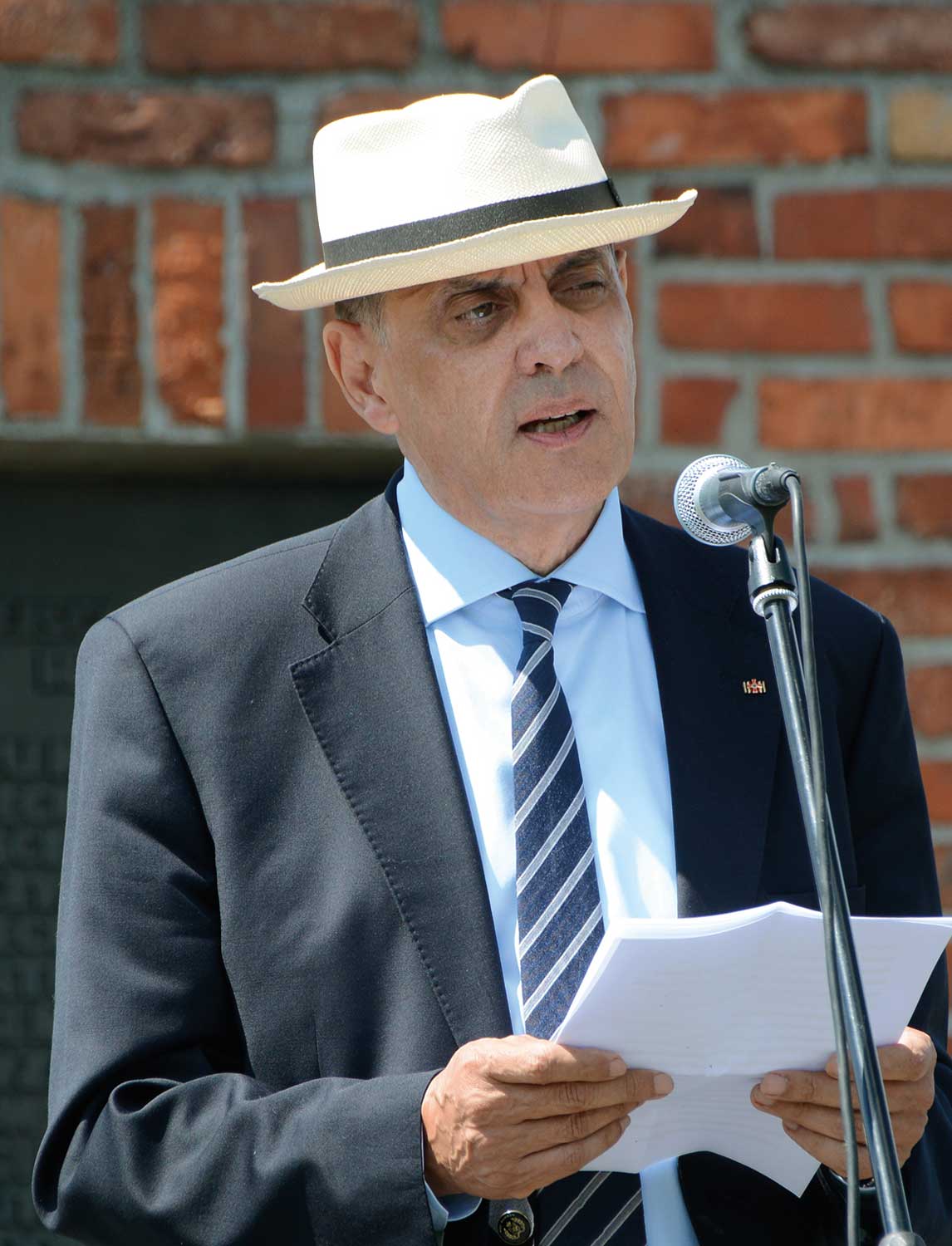
Romani Rose
Chairman of the Central Council of German Sinti and Roma
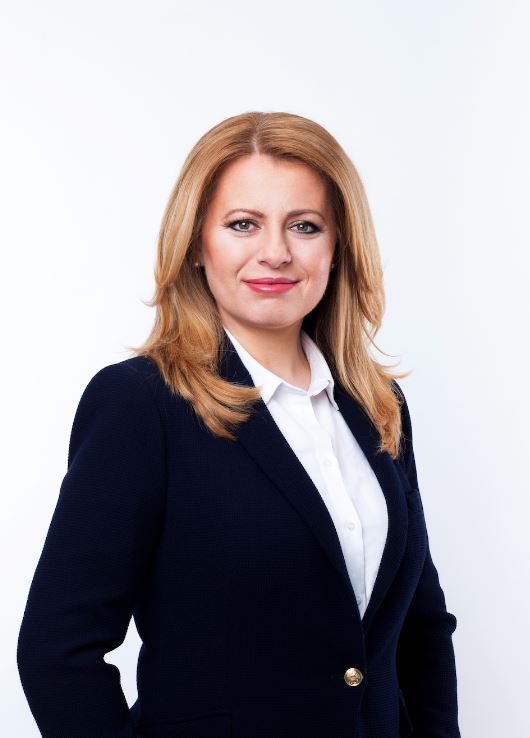
Zuzana Čaputová
President of the Slovak Republic
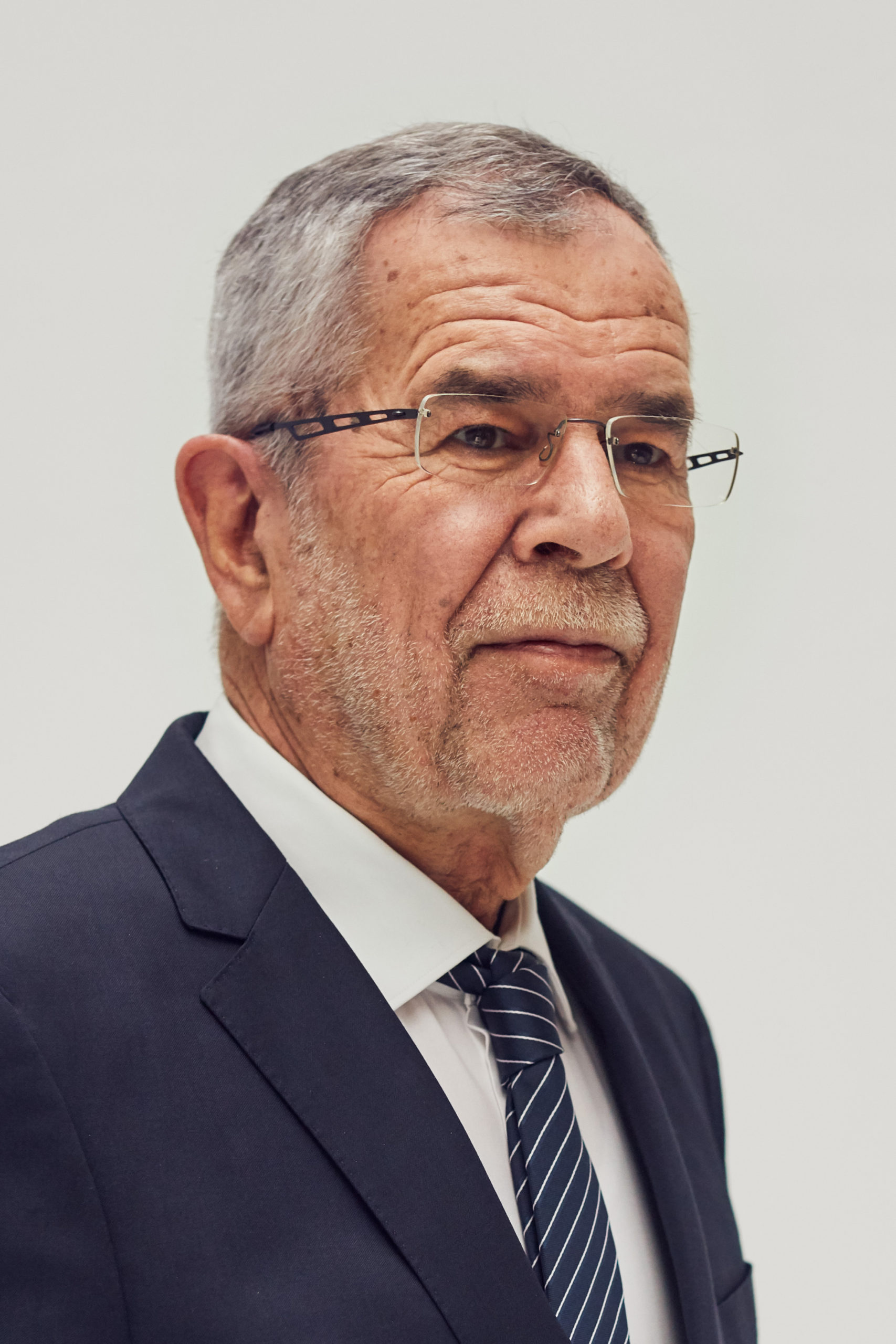
Alexander Van der Bellen
President of Austria
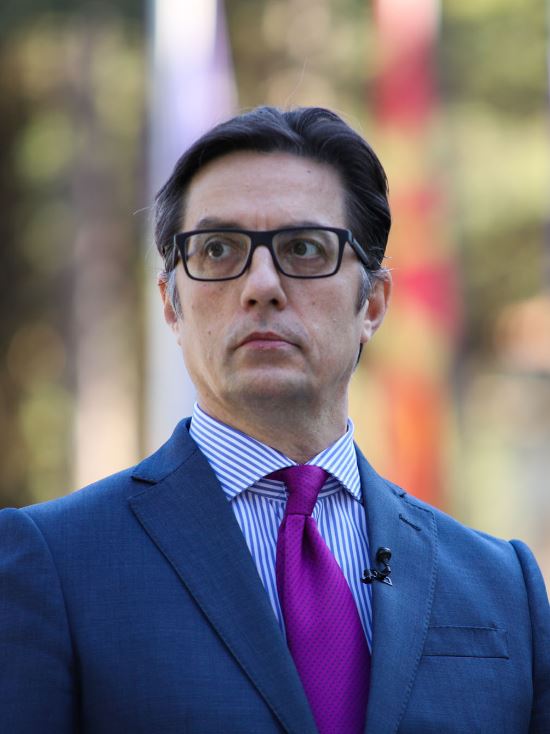
Stevo Pendarovski
President of North Macedonia
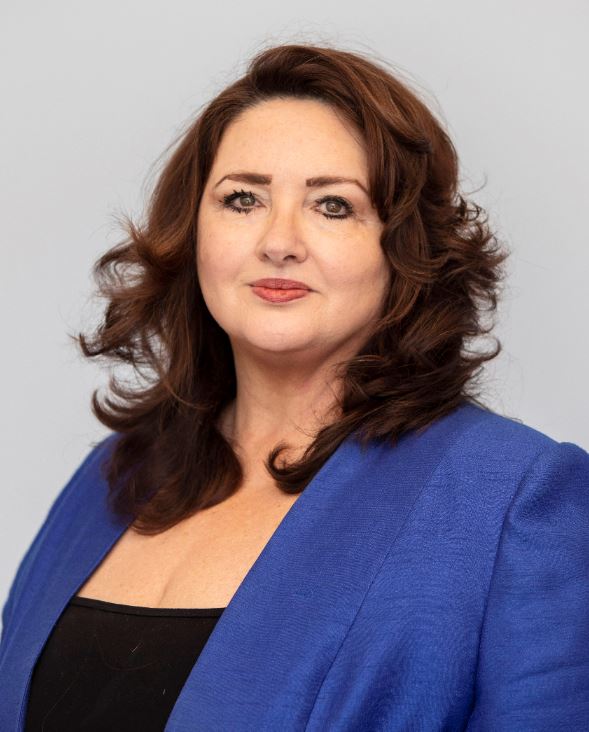
Helena Dalli
Commissioner for Equality, European Commission
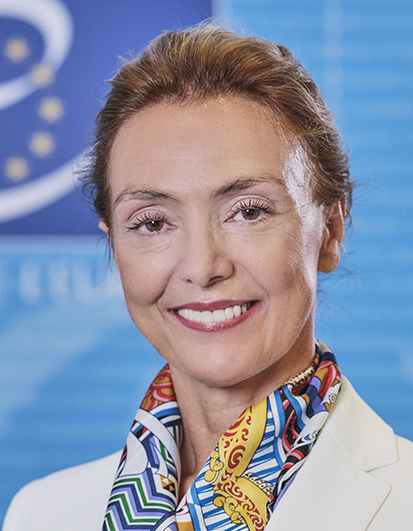
Marija Pejčinović Burić
Secretary-General of the Council of Europe
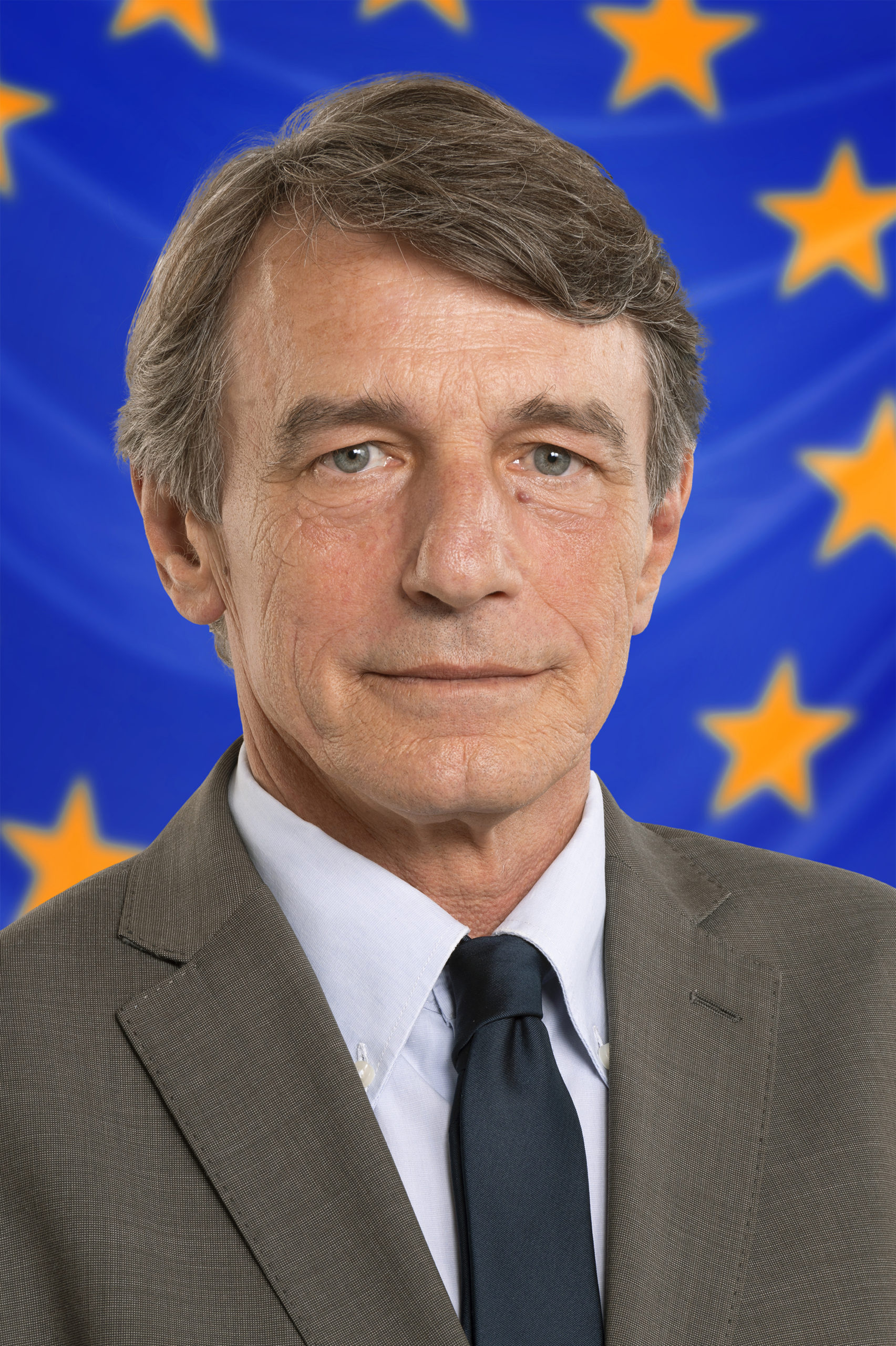
David Sassoli
President of the European Parliament
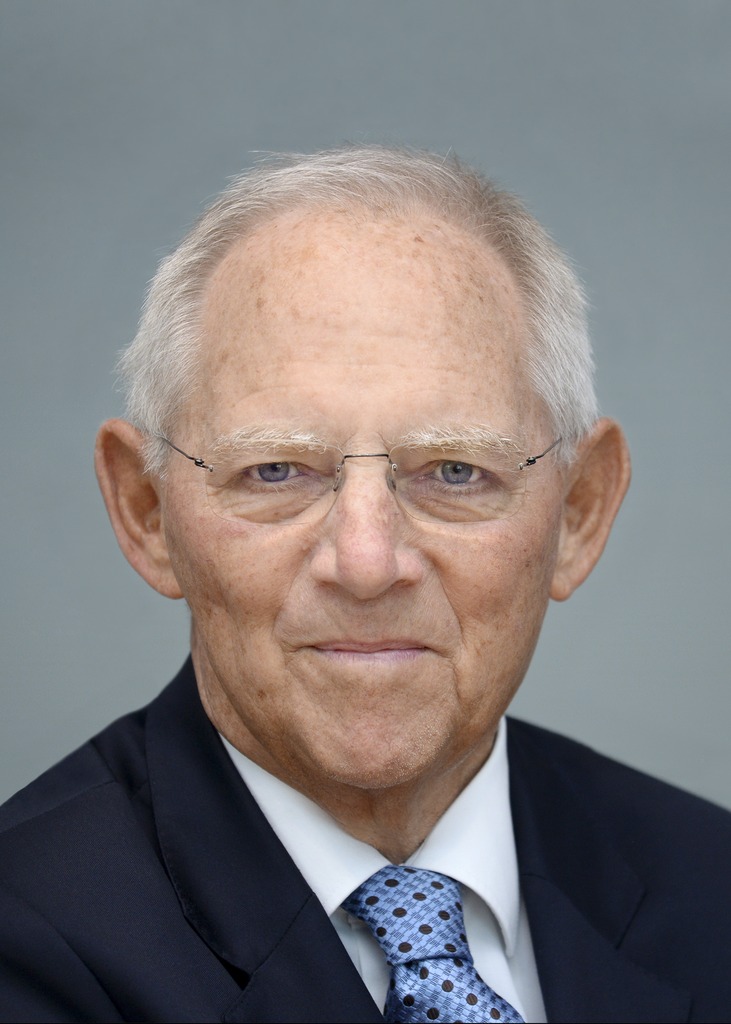
Wolfgang Schäuble
President of the German Bundestag
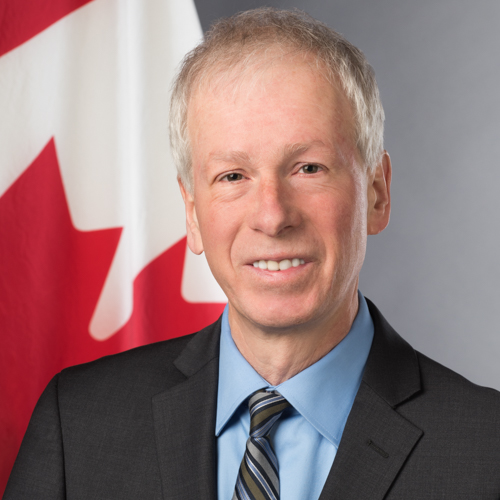
Stéphane Dion
Ambassador of Canada in Germany, Special Representative of Canada to the EU and to Europe
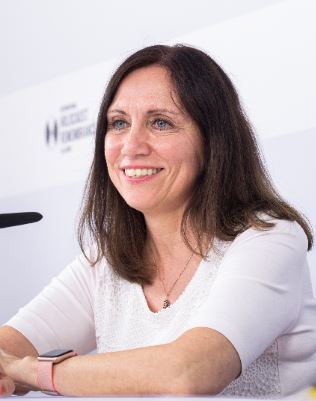
Michaela Küchler
Chair of the International Holocaust Remembrance Alliance
Testimonies of Holocaust Survivors
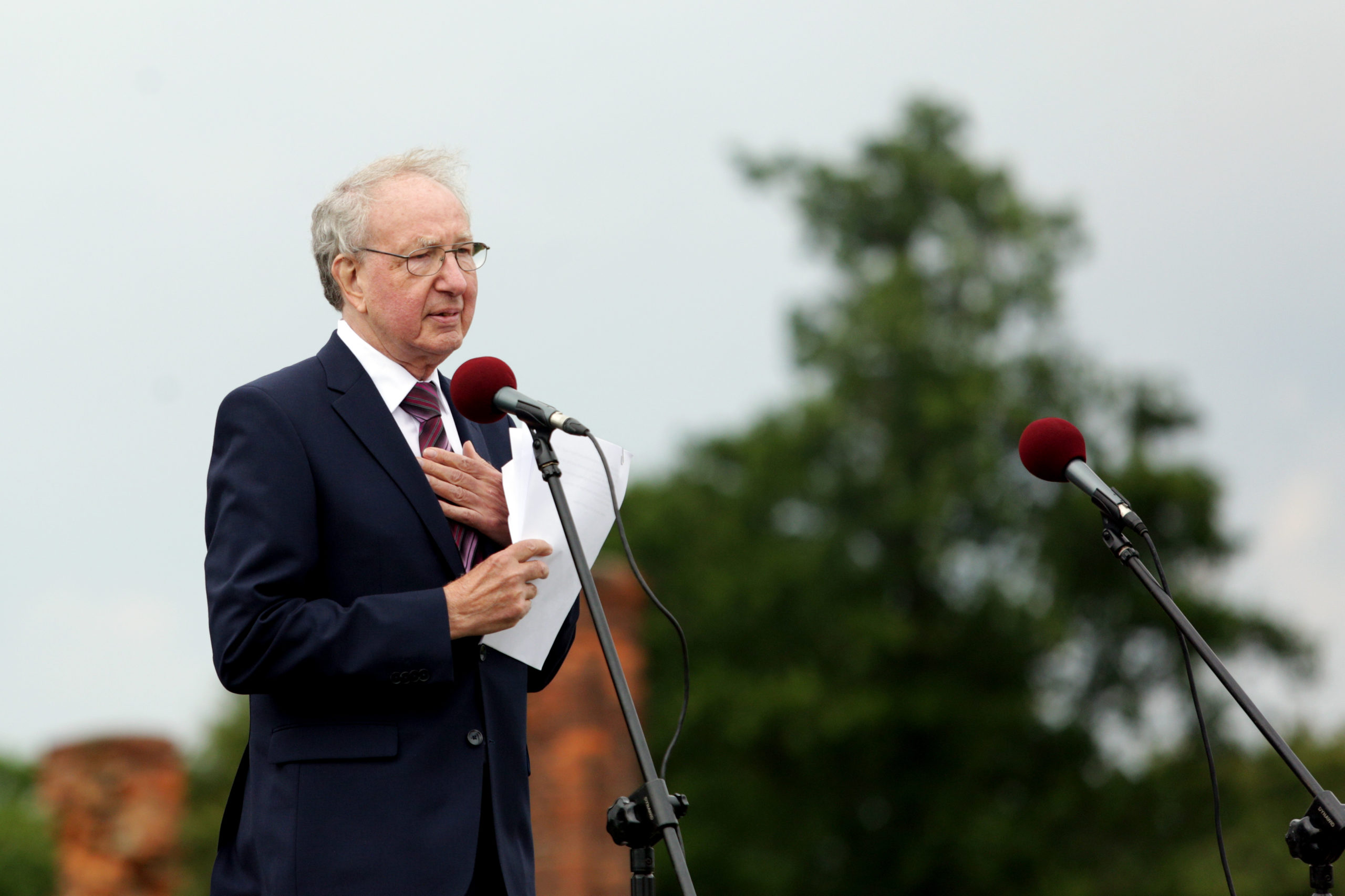
Werner Friedrich
Holocaust survivor
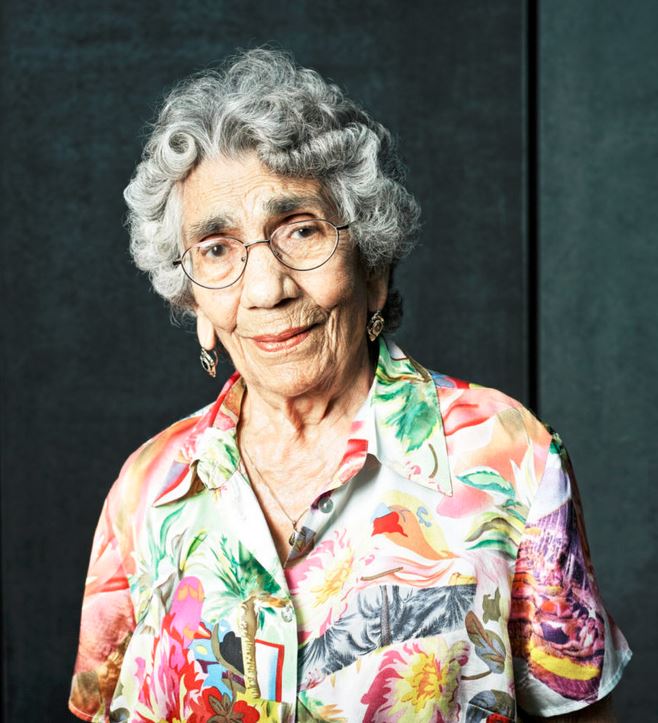
Zilli Schmidt
Holocaust survivor
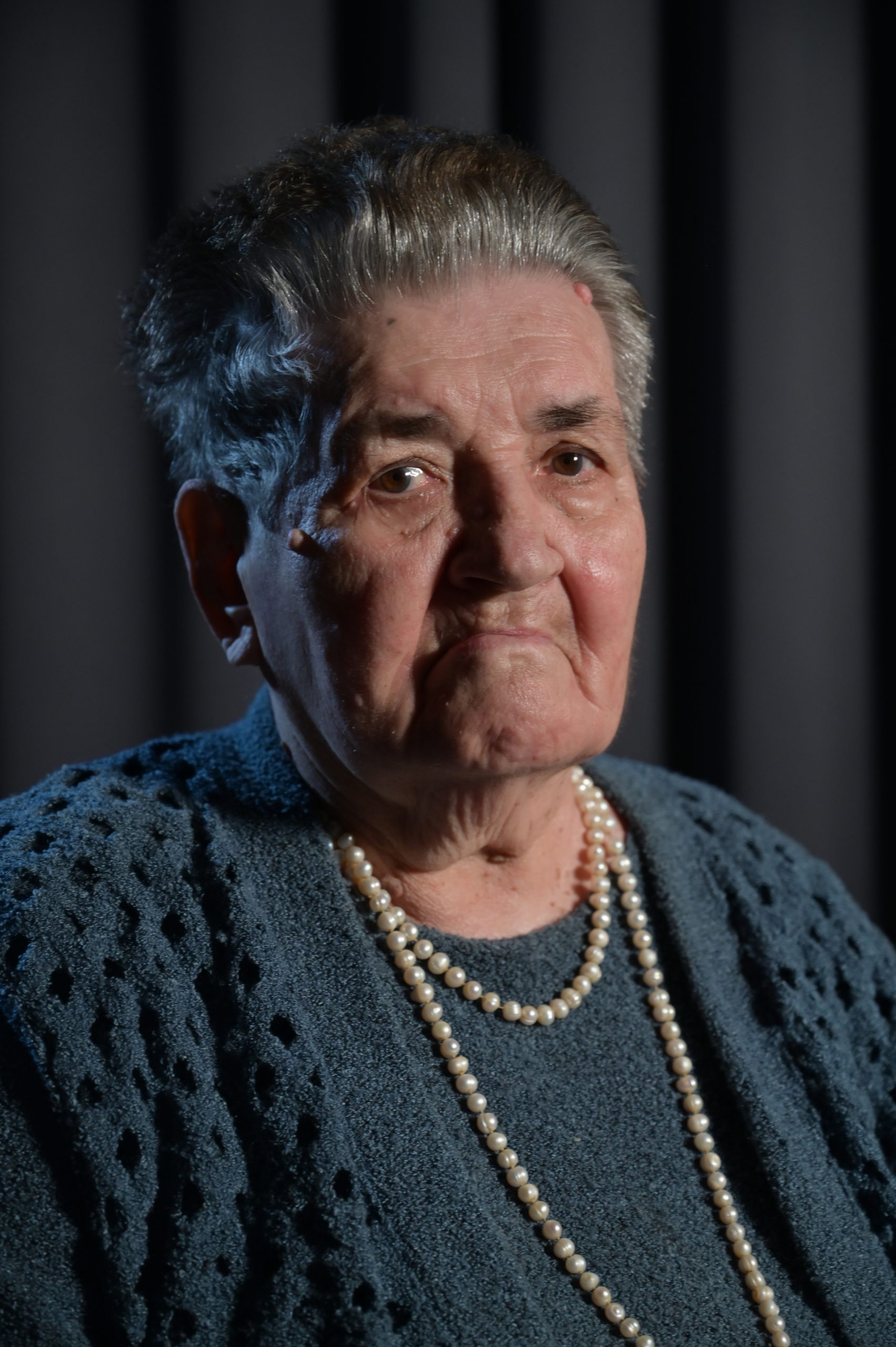
Krystyna Gil
Holocaust survivor
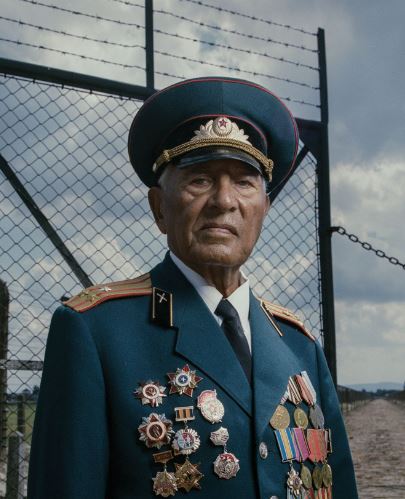
Ivan Bilashchenko
Holocaust survivor and former soldier of the Red Army
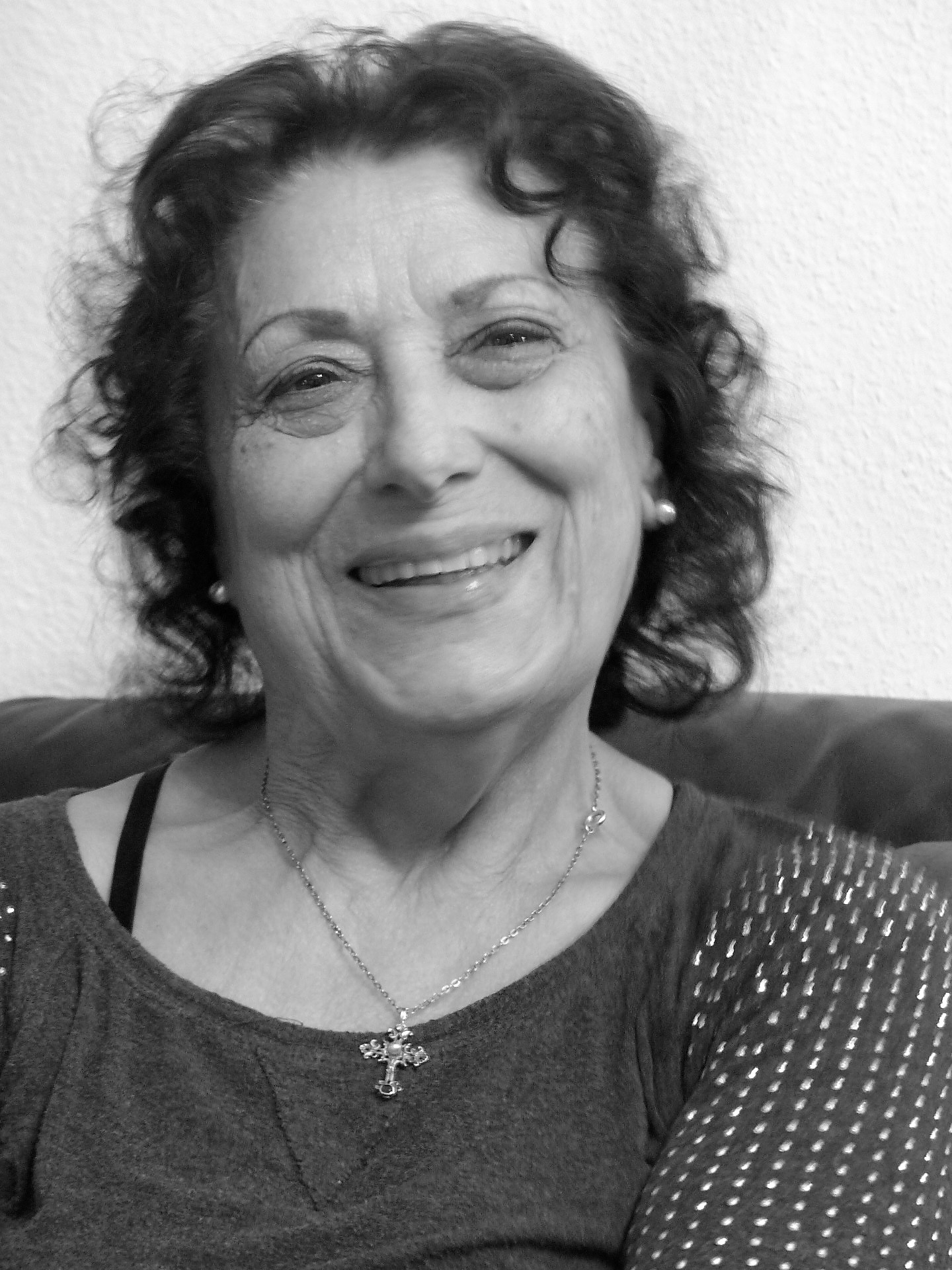
Rita Prigmore
Holocaust survivor










